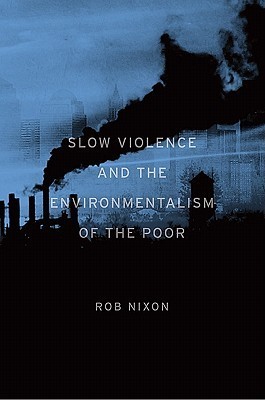
Planet of Slums
Book Description
Welcome to the sprawling urban jungles, where hope collides with despair in a world rapidly becoming a Planet of Slums. Mike Davis delves into the stark reality of global poverty, exploring the explosive growth of mega-slums that house millions yearning for dignity and survival. Through gripping narratives and striking statistics, he exposes the systemic failures that fuel inequality, and unveils the resilience of communities battling against the odds. As cities teeter on the brink of chaos, can humanity forge a path toward justice and equity in the shadow of these concrete giants?
Quick Book Summary
"Planet of Slums" by Mike Davis dissects the explosive urban growth in the global South, where sprawling slums have become the dominant habitat of the 21st century. Davis highlights the social, political, and economic forces that drive rural populations into crowded, unsanitary urban peripheries, exposing the systemic failures of both governments and international agencies. In vivid detail, he examines the struggle of slum dwellers to survive without basic services, facing environmental hazards, crime, and predatory landlords. The book details the resilience and adaptability of these communities but also warns of looming crises as urbanization outpaces infrastructure and compassion. Through rigorous research and compelling storytelling, Davis challenges readers to consider urgent reforms for a more just and equitable urban future.
Summary of Key Ideas
Table of Contents
The Rapid Rise of Urban Slums
Mike Davis opens by charting the unparalleled urbanization of the last century, focusing especially on the global South’s unchecked growth. Mega-cities have mushroomed, with vast numbers of impoverished people migrating from rural areas in the hope of better opportunities. Instead of integrating into formal urban life, most are relegated to sprawling slums. These informal settlements become the dominant urban form in the developing world, with their rapid expansion outpacing any historical precedents in scale and urgency.
Structural Causes of Urban Poverty
Davis examines the root causes underlying this phenomenon, tracing them to international policies, economic restructuring, and failed development models. As globalization and neoliberal reforms decimate rural livelihoods, millions are forced into cities with little chance of stable employment or government support. International institutions and state policies often favor privatization and disinvestment over welfare, worsening conditions for the urban poor and making infrastructural improvements nearly impossible.
Life and Survival in Informal Settlements
Life within slums is marked by deprivation, improvisation, and resilience. Davis documents the lack of basic services such as clean water, sanitation, secure housing, and healthcare. Residents face daily risks from environmental hazards, disease, crime, or exploitation by landlords and criminal networks. Yet, these communities show remarkable adaptability; networks of mutual aid, informal economies, and grassroots activism emerge in the struggle for survival and dignity.
Failures of Policy and Governance
Despite the scale of suffering, structural reforms remain frustratingly elusive. Davis critiques the failure of both governmental and international bodies—including NGOs and development agencies—to recognize or effectively address slum conditions. Plans often rely on top-down interventions, ignore local realities, or are hampered by corruption, short-term thinking, and lack of political will. Meanwhile, slum dwellers rarely have a voice in shaping the policies that determine their destinies.
Possibilities for Urban Justice
Davis concludes with a call to confront the realities of the "Planet of Slums." As slums become the primary urban experience for much of humanity, he warns of impending crises—environmental, political, and humanitarian—if action is not taken. The book urges the pursuit of urban justice, arguing for participatory planning, investments in public infrastructure, and genuine empowerment of marginalized communities as essential steps toward a more equitable urban future.
Download This Summary
Get a free PDF of this summary instantly — no email required.





